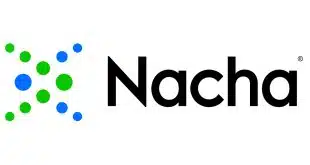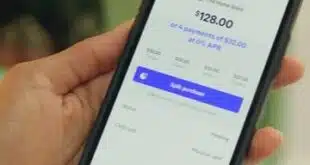Although implementation of the Unlawful Internet Gambling Enforcement Act of 2006 (UIGEA) begins Tuesday, the U.S. House Committee on Financial Services next week will hold a hearing on two bills that would replace or set a new date for implementation of the controversial gambling legislation. A hearing on the new Internet Gambling Regulation, Consumer Protection & Enforcement Act of 2009 (H.R. 2267) and the Reasonable Prudence in Regulation Act (H.R. 2266) is scheduled for 10 a.m. EST Wednesday. Although earlier legislation to replace or block implementation of UIGEA regulations failed, “there is every reason to believe this legislation is in play, and will eventually get approved,” says Michael Waxman, executive director of the Safe and Secure Internet Gambling Initiative, an industry trade group. H.R. 2267 has 63 cosponsors and H.R. 2266 has 53 cosponsors. The hearing will give members of Congress “a chance…to get fully up to speed on the status of the federal approach to Internet gambling, to talk about what hasn't worked, and what could better protect consumers and better serve our country,” Waxman says. H.R. 2267?introduced in the U.S. House in May by Rep. Barney Frank , D-Mass., financial services committee chairman (Digital Transactions News, May 7)?is designed to replace the UIGEA. The UIGEA bans gaming sites from accepting money transfers of any kind for bets deemed to be unlawful gambling. The UIGEA directs the U.S. Treasury Department and the Federal Reserve Board to create regulations that would require banks and processors to block payments to unlawful gaming sites. Banks, processors, the Fed, and the Treasury Department have said UIGEA regulations are ambiguous and unworkable and will hurt the financial industry while having little impact on illegal online gambling. H.R. 2267 would establish a federal regulatory and enforcement framework under which Internet gambling operators could obtain licenses to accept bets and wagers from U.S. residents. To be licensed, gambling operators would have to maintain effective protections against underage gambling, compulsive gambling, money laundering and fraud, and enforce prohibitions or restrictions on types of gambling prohibited by states and the Indian Tribes. The bill gives the U.S. Department of Treasury the exclusive authority to establish regulations and license Internet gambling operators. License applicants would be subject to review of their financial condition and corporate structure, business experience, suitability, and criminal background checks. They also would have to agree to be subject to U.S. jurisdiction. Applicants also would be prohibited from accepting any type of bet or wager that is initiated or terminated in a state or tribal land that prohibits that type of Internet gambling, or any sports gambling or wagering prohibited under the Professional and Amateur Sports Protection Act. The Treasury Department would have the authority to revoke or terminate the license of any operator that fails to comply with the bill. Violators could be fined and/or imprisoned for up to five years. H.R. 2266, also introduced by Frank, would set Dec. 1, 2010 as the implementation date for UIGEA regulations.
Check Also
Affirm Expands Its Credit Reporting to TransUnion
Buy now, pay later platform Affirm Holdings Inc. early Tuesday announced it will begin credit …





